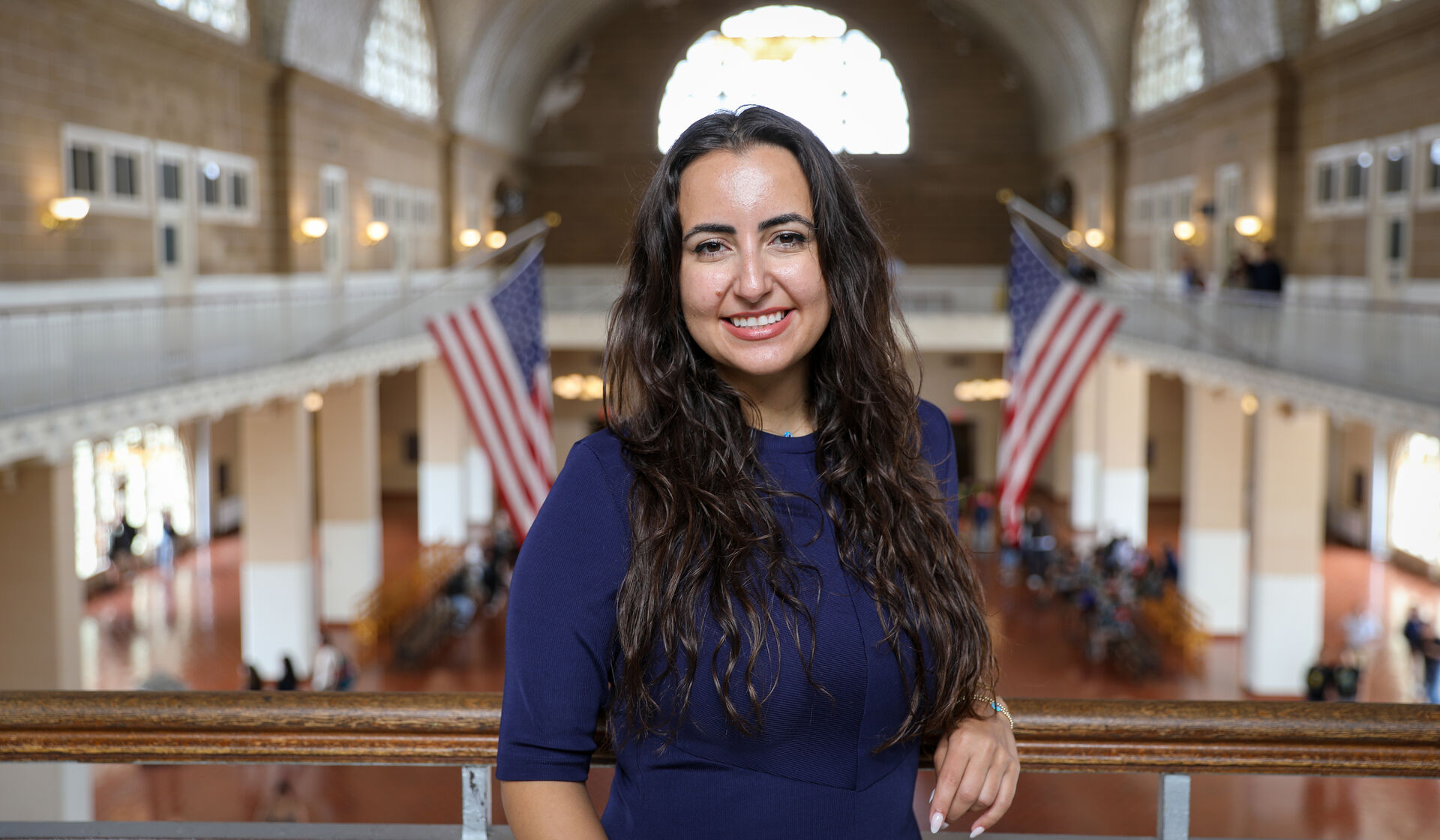IN EIGHTH GRADE, I WAS ASSIGNED A CAREER PROJECT: What did I want to be once I reached adulthood? The most insatiable aspect of my personality was my curiosity, so I decided to begin there. I often pondered the vastness of space and time, and marveled at the uncanny ability of science to make sense of the inexplicable. I felt simultaneous fascination and confusion about the nature of the universe. Naturally, I decided my passion was astronomy.
How does one become an astronomer? I did not know any astronomers from my tiny hometown in west Michigan. Researching various paths to becoming a scientist made me realize the link between education and success. Obviously, U-M was the best institution around, but was I good enough to be admitted? I spent the next several years ensuring that I would be a strong candidate.
Sure enough, on Christmas Eve 2011, I received an email from U-M that read, “Congratulations—You’re IN! How does it feel to be a Wolverine?” To this day, I vividly remember the elation I felt, which quickly disappeared when I glanced at the estimated expenses.
Thankfully, I joined the LEAD class of 2016, which helped with the cost and filled me with both relief and gratitude. Few decisions in my life have made a comparably positive impact on me. I suddenly found myself in a paradise of like-minded individuals, where curiosity and persistence appeared to be the norm rather than the annoying habit of a “nosy child.” The academic community at U-M embodied the ideals I had always sought in a distilled form.
I vowed to make the Alumni Association proud of the opportunity it gave me and still plan to keep that promise. Today, I am approaching my second year as an astronomy PhD student at New Mexico State University in Las Cruces, over 1,500 miles away from where I began my journey. I spend my time studying our galaxy’s stellar populations, which I hope will give astronomers insight into how galaxies form and evolve.
I’ve come to learn that astronomy and other varieties of basic research form the foundation of scientific and technological progress, further underscoring the importance of programs like LEAD in funding and mentoring the next generation of scientists. Persistent curiosity contributes to the betterment of humanity, even though one cannot always predict in which ways. The point was made best by the British scientist Michael Faraday, who when presenting a study about electromagnetism was asked, “Very interesting, but of what use is this?” He replied, “Madam, of what use is a baby?”
Learn more about LEAD Scholars at umalumni.com/LEAD.





